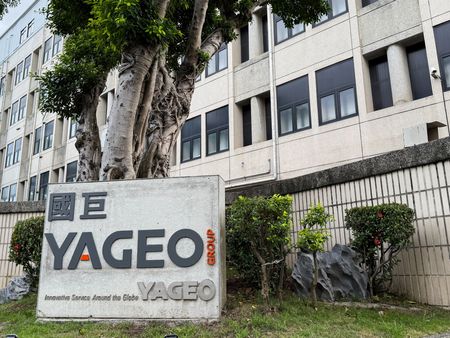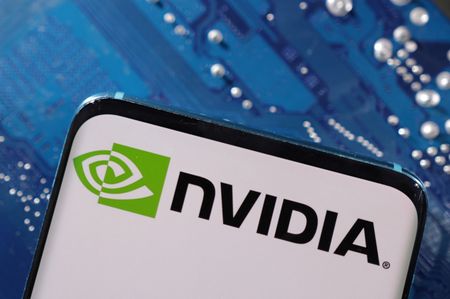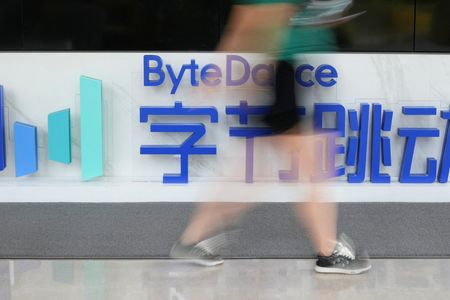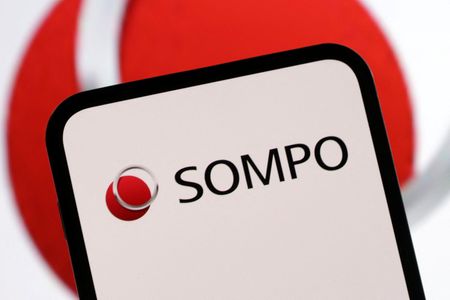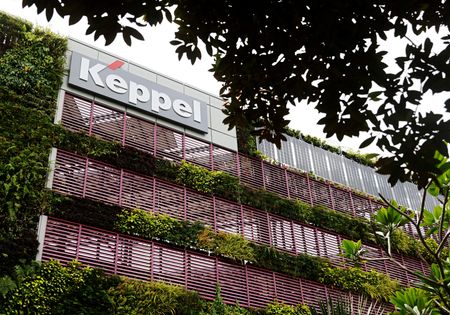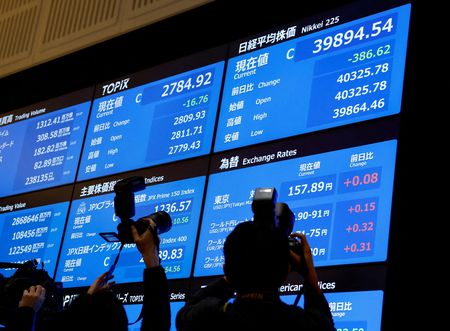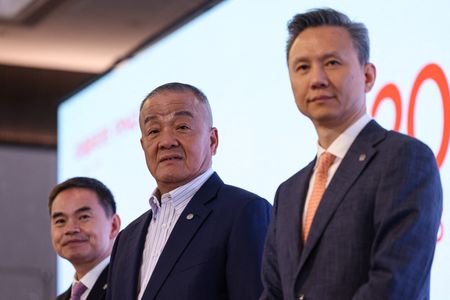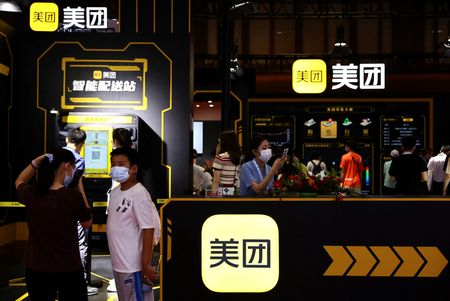By Makiko Yamazaki
TOKYO (Reuters) -Taiwan’s Yageo said on Wednesday it expects to obtain a national security clearance from Japan for its proposed $740 million buyout of Shibaura Electronics after concluding discussions with the government on conditions for the deal.
Its unsolicited and sweetened bid handily bests a rival offer from Minebea Mitsumi, which had been brought in by Shibaura as a white knight suitor. Minebea’s offer is set to expire on Thursday.
The deal has drawn close investor attention as a test of Japan’s openness to unsolicited takeovers. While government M&A guidelines issued in 2023 have eased the stigma around unsolicited buyouts in Japan, such offers by foreign firms remain rare.
Investors have been unsure whether Japanese authorities would clear the deal, especially given that the review of Yaego’s bid took quite long. Shares in Shibaura, a major manufacturer of thermistor sensors, closed at 6,520 yen per share on Wednesday before Yageo’s announcement.
That’s far below Yageo’s latest offer of 7,130 yen per share. Minebea is offering 6,200 yen per share.
Yageo, the world’s largest maker of chip resistors, said in a statement it plans to submit all necessary documents on Wednesday to reflect discussions with Japan’s industry ministry and expects to receive clearance no later than September 10.
The Taiwanese company agreed to accept all the conditions set forth by the ministry, said a source familiar with the matter who declined to be identified.
It was not immediately clear what those conditions were.
Minebea has said it does not plan to raise its offer or extend the offer period. A spokesperson for the company declined further comment on Wednesday.
Shibaura, which had argued it saw more synergies with Minebea, also declined to comment.
After Yaego made its approach in February, Shibaura reclassified itself as falling under Japan’s “core” national security category – a step sometimes taken by companies seeking to defend themselves against foreign takeovers.
The company has stated that some of its products are used in military and aerospace applications.
The review of Yageo’s bid under the Foreign Exchange and Foreign Trade Act (FEFTA) was extended twice over three months.
To date, Japan has rejected only one deal under FEFTA – an attempted acquisition by the London-based Children’s Investment Fund for Electric Power Development in 2008. The review lasted three months before the rejection.
But there are a number of cases where plans have been modified or withdrawn during reviews. The average screening period was 8.2 business days last year, though this does not include cases where filings have been withdrawn, according to the finance ministry.
(Reporting by Makiko Yamazaki; Editing by Muralikumar Anantharaman and Edwina Gibbs)

